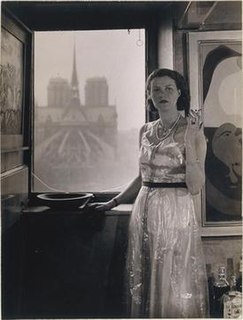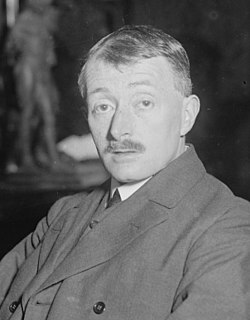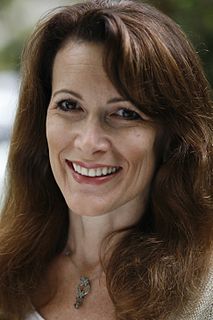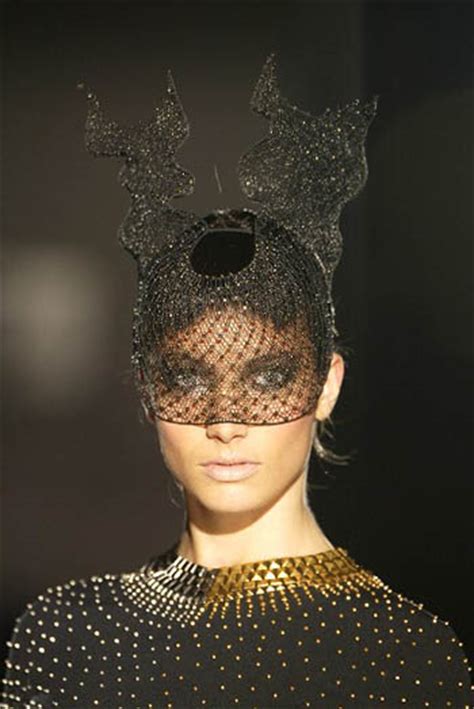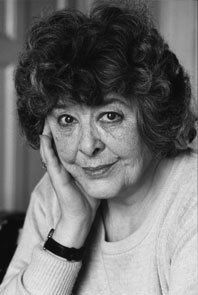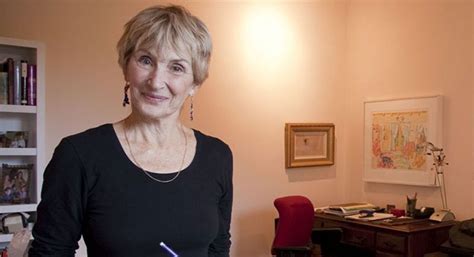A Quote by Lorna Luft
Instead of joyfully looking forward to my birth, my mother began systematically preparing for her own death. She was fatalistic.
Related Quotes
Rodney set a plate in front of me and one in front of my mother. I almost fainted when she began to eat instead of hurling it at him. Had one of the vampires gotten tired of her bitching and bitten her into a better mood? She caught my flabbergasted look. "I watched what he put in it" she said defensively. Rodney, instead of being insulted, just laughed. "You're welcome, Justina.
My mother didn't feel sorry for herself, she was left with no child support, no alimony at a very young age, with a child to raise, a high school education and she just figured it out. She didn't complain, she didn't rely upon government, she relied upon her own skill set, her own self confidence, her own drive in moxie and her own duty to me and her and she relied upon her family and her faith.
Joan Didion's 'The Year of Magical Thinking' comes to mind as an example of a piece of media that I really respect and would hope to emulate: just her courage in looking at her husband's death and the attentiveness that she has in how she looks at it, and the unflinching gaze that she communicates from looking into death.
Over and over again, stories in women's magazines insist that women can know fulfillment only at the moment of giving birth to a child. They deny the years when she can no longer look forward to giving birth, even if she repeats the act over and over again. In the feminine mystique, there is no other way for a woman to dream of creation or of the future. There is no other way she can even dream about herself, except as her children's mother, her husband's wife.
a mother's death also means the loss of the consistent, supportive family system that once supplied her with a secure home base, she then has to develop her self-confidence and self-esteem through alternate means. Without a mother or mother-figure to guide her, a daughter also has to piece together a female self-image of her own.
A lot of people say that Eleanor Roosevelt wasn't a good mother. And there are two pieces to that story. One is, when they were very young, she was not a good mother. She was an unhappy mother. She was an unhappy wife. She had never known what it was to be a good mother. She didn't have a good mother of her own. And so there's a kind of parenting that doesn't happen.






